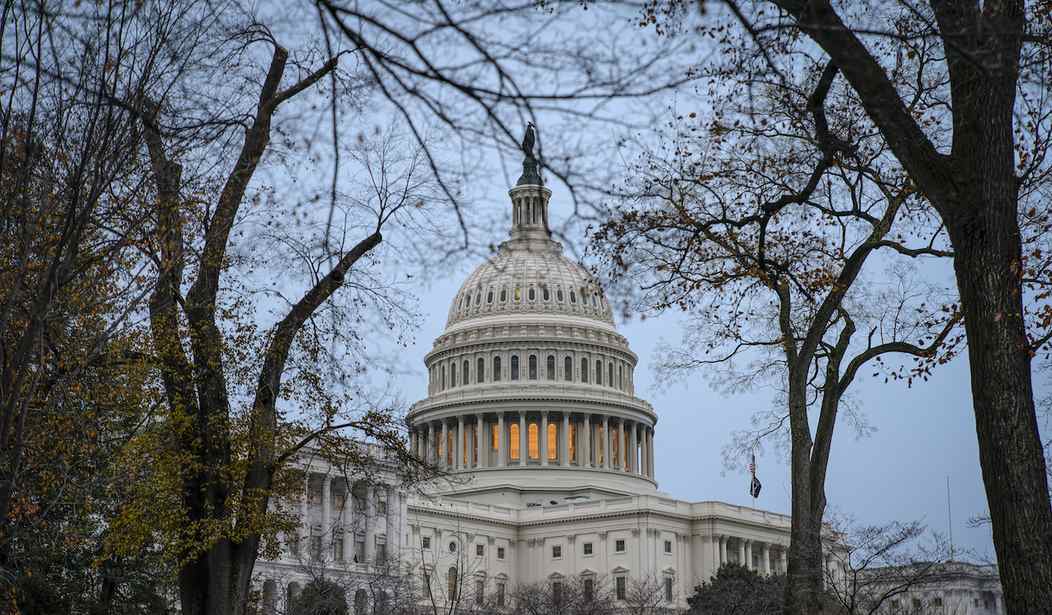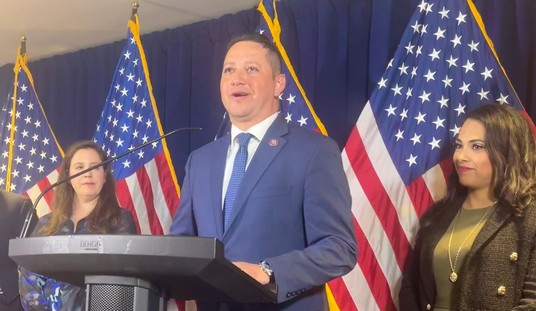Democrats in Washington are still pushing ahead with plans for their historically astronomical $3.5 trillion spending bill. The massive regulatory and social changes included would push America further to the left than ever before. The reconciliation spending bill, which can be passed with no Republican votes in the House or Senate, includes a ton of tax increases along with the huge new spending increases. The proposal will reportedly raise the individual income tax rates and the corporate income tax rates. According to the most recent news reporting, however, one tax policy is going to make it through the huge left-wing agenda unchanged: the so-called carried interest loophole – special low tax rates for Wall Street money managers.
With the left pushing a socialist agenda and many on the right so frustrated they are ready to burn down the establishment altogether, how has Wall Street been able to retain a fundamentally unfair special tax treatment throughout one of the greatest populist moments in U.S. history?
The answer, of course, is that through all of America's recent travails, Wall Street still runs Washington. Through the violence in American streets, an opioid crisis ravaging the heartland, manufacturing shrinking away, political upheaval and all the other signs of national decay, those doing the best under the current system are still holding the reins of power. Even as Democrats prepare to fundamentally dismantle the systems that make capitalism work, they won't touch Wall Street's sacred cow. The Trump administration didn't either. They all know where the real red lines are. This tells you all you really need to know about 2021 America.
For those thinking about ways to fix the clearly crumbling social fabric of America, the carried interest tax loophole is an amazing case study. Increasing numbers of Americans think the system is rigged. They believe a small cadre of elites is benefiting, while the rest of America grows stagnant. The perception has led to a complete breakdown in trust in national institutions. It has upended our politics.
In a rational world, there would be momentum in Washington to build back trust with the American people. There is no single policy issue that can build more trust than killing the lower tax benefits currently bestowed upon the richest Americans. When billionaires pay lower effective tax rates than dentists and laborers, the system is clearly broken. People notice. The news this week is that nobody in Washington is even beginning to pay attention yet. The Democrats will reportedly try to raise taxes on everyone except Wall Street money managers.
Recommended
To understand the issue, it's helpful to go through the policy and the politics. On the policy side, the U.S. taxes capital at lower rates than it taxes labor. If you make $100,000 working at a job, you will pay a higher rate than if you make $100,000 buying and selling a stock or a building you held for over a year. The justification for this disparity is we want to encourage investment in capital. Capital investments in things like new factories or equipment result in long-term economic growth. On the flip side, high taxes on capital disincentivize investors from selling weaker assets to invest in new, hopefully higher income-producing assets. Using the tax code to incentivize behavior this way can be debated, but at least it makes some policy sense.
There is zero policy justification for the carried interest loophole.
Money managers, like private equity and hedge fund partners, earn a living by charging fees against the funds investors give them to manage. A huge part of their compensation is the 15% to 20% they keep of all their investor's profits. They call this the "carried interest."
This payment is essentially a performance bonus, which is a form of compensation. Somehow, though, Wall Street has convinced Washington that this compensation should not be taxed as income but instead at a lower capital gains tax rate. There is no requirement that the partners in these firms invest any of their own capital themselves. It is just payment for their work, but the government has somehow been hoodwinked into taxing it at a lower level than most other Americans' income. None of the usual justifications for lower capital investment tax rates applies. It's purely an exercise of political power.
If it's obviously like regular income, then how has the carried interest loophole been able to survive through America's current populist moment? Well, because it's easy for elites to take advantage of America's increasingly fragmented nature.
We each live in a bubble. On the populist right and the socialist left, these issues are being debated. Those groups encompass most of the American electorate. They also still have relatively little political power. Very few elected officials have thought through these issues. Many are not even aware of the debate. They are not necessarily bad people. They live mostly in Washington and New York. They socialize with those from Wall Street and with the lobbyists who represent those from Wall Street. They have a worldview based on that social fabric. They are, in other words, in their own little bubble.
It's the same dynamic that made official Washington the very last to realize that opiates, improperly pushed by huge pharmaceutical companies, had overrun middle America. Nobody in Washington had any clue. Lawmakers were so out of touch, in fact, that amid the crisis, the only related activity in Washington was designed to further protect the industries that helped create the problem. It's the same dynamic with the carried interest loophole. Those in power have barely debated it. Just another sign of a broken country.
























Join the conversation as a VIP Member